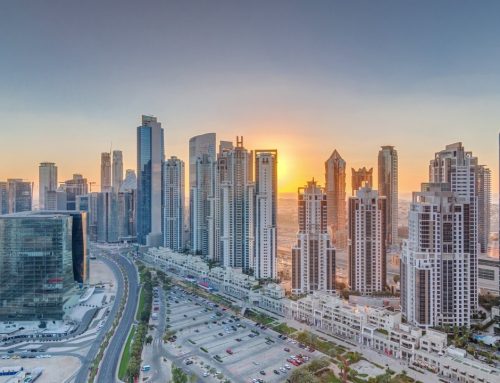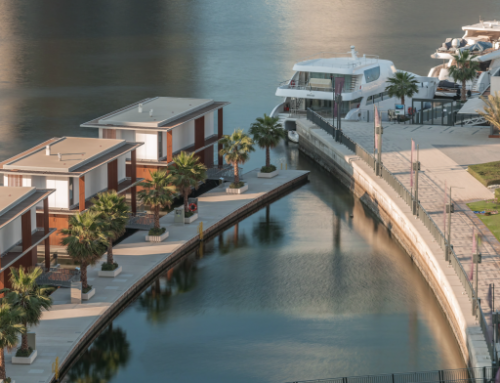UAE Rental Market Guide: Short-Term vs. Long-Term Rentals
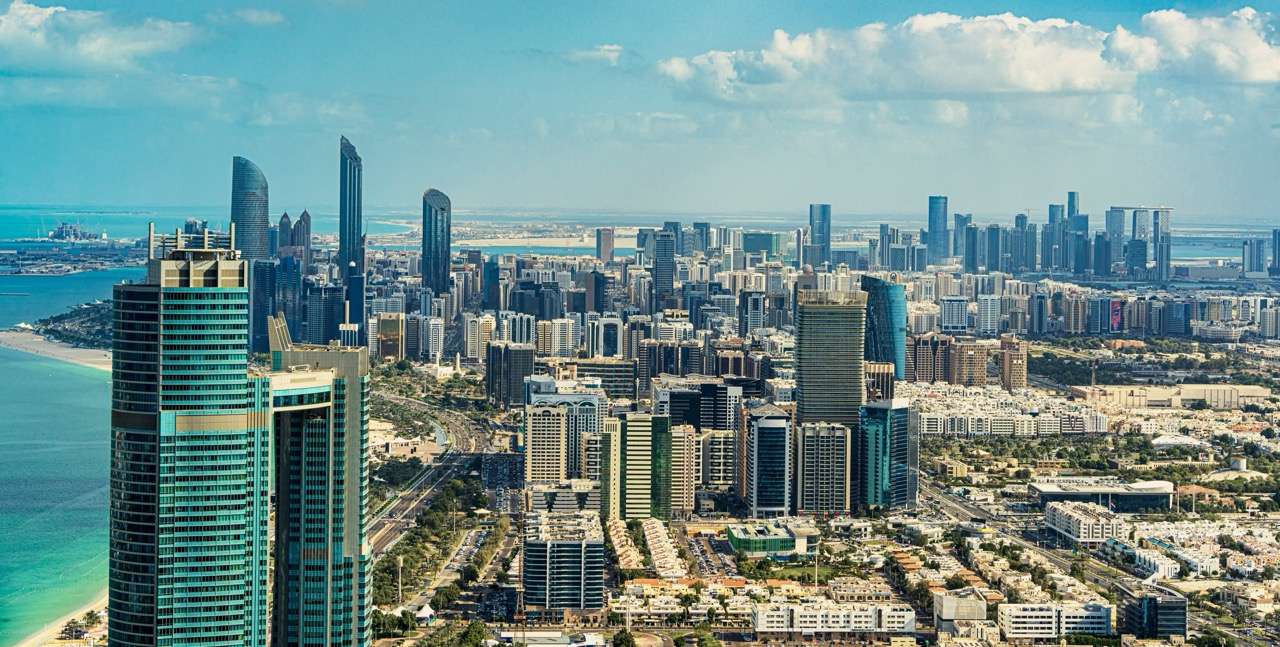
The UAE, especially cities like Dubai and Abu Dhabi, has long been a hub for expatriates and investors. With a dynamic real estate market that accommodates a diverse range of renters, choosing between short-term and long-term rentals is an important decision. Here’s a comprehensive guide to understanding the differences, pros, cons, and current trends for both options in the UAE.
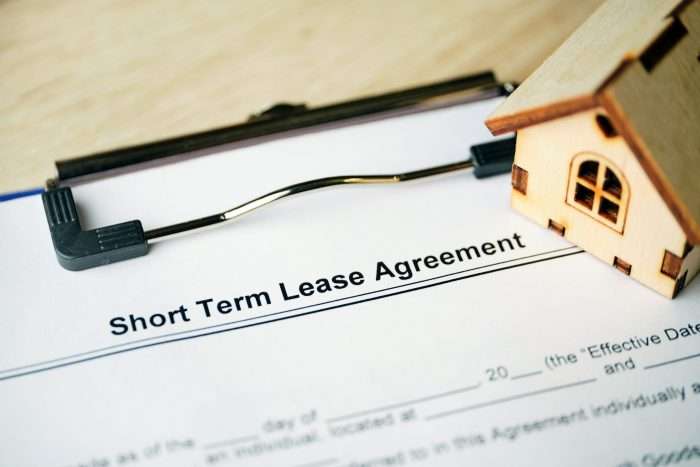
What Are Short-Term Rentals?
Short-term rentals are residential properties leased for a period ranging from a few days to several months. These types of rentals are typically fully furnished, making them ideal for travelers, tourists, or business professionals on temporary assignments.
Advantages of Short-Term Rentals:
- Flexibility: You can rent for as little as a few days to several months, without the commitment of a long-term contract.
- Fully Furnished: Most short-term rentals come fully furnished with appliances, furniture, and utilities included, so tenants don’t need to worry about additional setup costs.
- All-Inclusive Costs: Utilities such as water, electricity, and internet are often bundled into the rental price, offering convenience.
- Ideal for Expats and Tourists: Short-term rentals cater to professionals or families looking for a temporary stay while settling into a new city.
Disadvantages of Short-Term Rentals:
- Higher Costs: Short-term rentals are typically more expensive on a per-month basis compared to long-term leases due to the flexibility and convenience provided.
- Limited Availability: In some popular areas, particularly during tourist seasons, availability might be scarce.
- Less Stability: Because these rentals operate on shorter terms, tenants may need to relocate frequently.

What Are Long-Term Rentals?
Long-term rentals, on the other hand, typically refer to leases that last for at least one year. These properties are usually rented out unfurnished or semi-furnished, and the tenant is responsible for utility bills.
Advantages of Long-Term Rentals:
- Lower Monthly Costs: In most cases, long-term rentals offer lower monthly rates compared to short-term options. Landlords are often willing to negotiate better rates for longer commitments.
- Stability and Security: A one- or two-year lease provides renters with the security of a fixed address for a longer period, ideal for families or professionals staying in the UAE for extended periods.
- Personalization: Since these rentals are usually unfurnished, tenants have the freedom to decorate and furnish the space to their liking.
- Cost Control: Tenants have more control over utility costs, which are separate from the rent, allowing for more personalized budgeting.
Disadvantages of Long-Term Rentals
- Lack of Flexibility: Long-term leases often require a commitment of at least a year, which might not suit those who need more flexibility.
- Initial Setup Costs: Tenants may need to invest in furniture, appliances, and setup utilities, leading to higher upfront expenses.
- Penalties for Early Termination: Breaking a long-term lease usually involves penalties or loss of the security deposit.
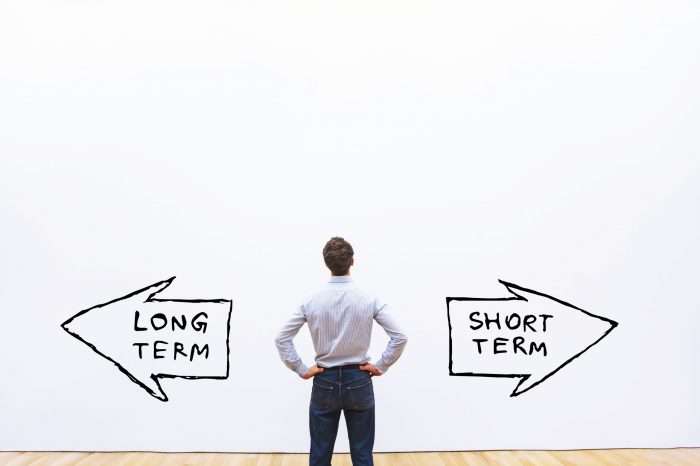
Current Trends in the UAE Rental Market
Surge in Short-Term Rentals
The UAE has seen a rise in demand for short-term rentals, especially in cities like Dubai, with the growth of digital nomads, business travelers, and tourists. With the influx of visitors for events like Expo 2020 and the upcoming COP28, short-term rental platforms like Airbnb have flourished. Additionally, short-term rentals provide landlords with flexibility to capitalize on fluctuating demand, especially in high-demand tourist areas.
Increased Stability in Long-Term Rentals
Despite the rise in short-term rentals, long-term leases remain popular, especially with expatriates who are settling in the UAE for longer durations. The long-term rental market in cities like Abu Dhabi and Dubai has become more stable, with moderate rental price increases and tenant-friendly regulations. In recent years, the UAE government has also introduced rental cap laws in certain areas to protect tenants from drastic rent hikes.
Hybrid Rental Options
As a result of market demands, some landlords are offering hybrid rental options. These are longer-term leases that come fully furnished, catering to those who are in the UAE for a year or more but still want the convenience of a ready-to-move-in home. This option bridges the gap between short-term flexibility and long-term stability.
Which Option Is Right for You?
- If you’re a tourist, business traveler, or digital nomad, a short-term rental is likely the best fit. The flexibility, convenience, and all-inclusive nature of these rentals cater to those who need a temporary place without the hassle of long-term commitments.
- If you’re an expat or family planning to stay in the UAE for at least a year, a long-term rental offers more cost savings, stability, and the opportunity to personalize your living space.
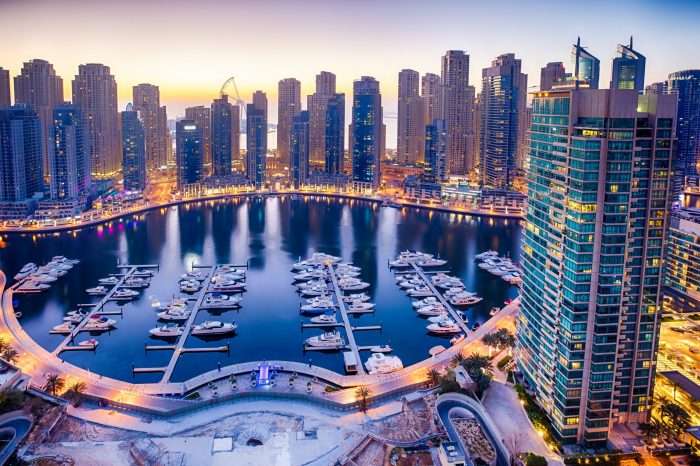
Key Areas to Consider
- Dubai: Popular areas for short-term rentals include Dubai Marina, Downtown Dubai, and Palm Jumeirah, where furnished apartments and villas cater to tourists and professionals. For long-term rentals, expat-friendly areas like Jumeirah, Al Barsha, and Mirdif offer more affordable and spacious options.
- Abu Dhabi: Neighborhoods like Yas Island and Al Reem Island offer great short-term rental options. Long-term rentals are more affordable in areas like Khalifa City and Mohammed Bin Zayed City, making them ideal for families and professionals.
Whether you opt for a short-term or long-term rental in the UAE, it ultimately depends on your specific needs, lifestyle, and length of stay. Short-term rentals provide the flexibility and convenience ideal for temporary stays, while long-term rentals offer stability and cost savings for those planning to stay in the UAE for an extended period.
With a diverse real estate market and evolving rental trends, the UAE offers options that cater to all types of tenants. Make sure to consider your budget, duration of stay, and personal preferences when making your decision.

